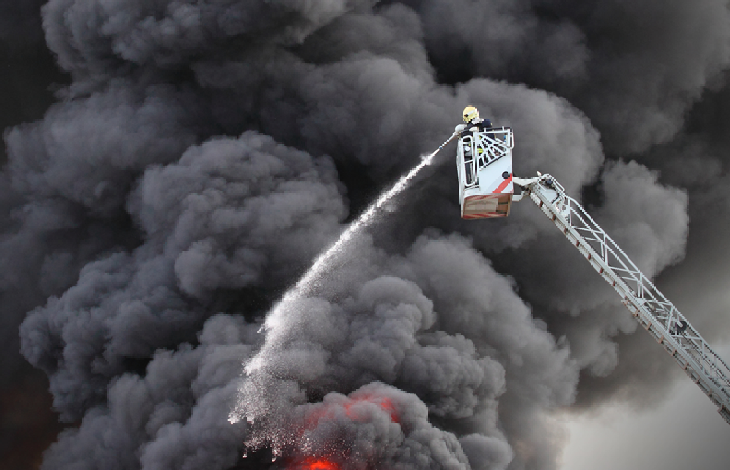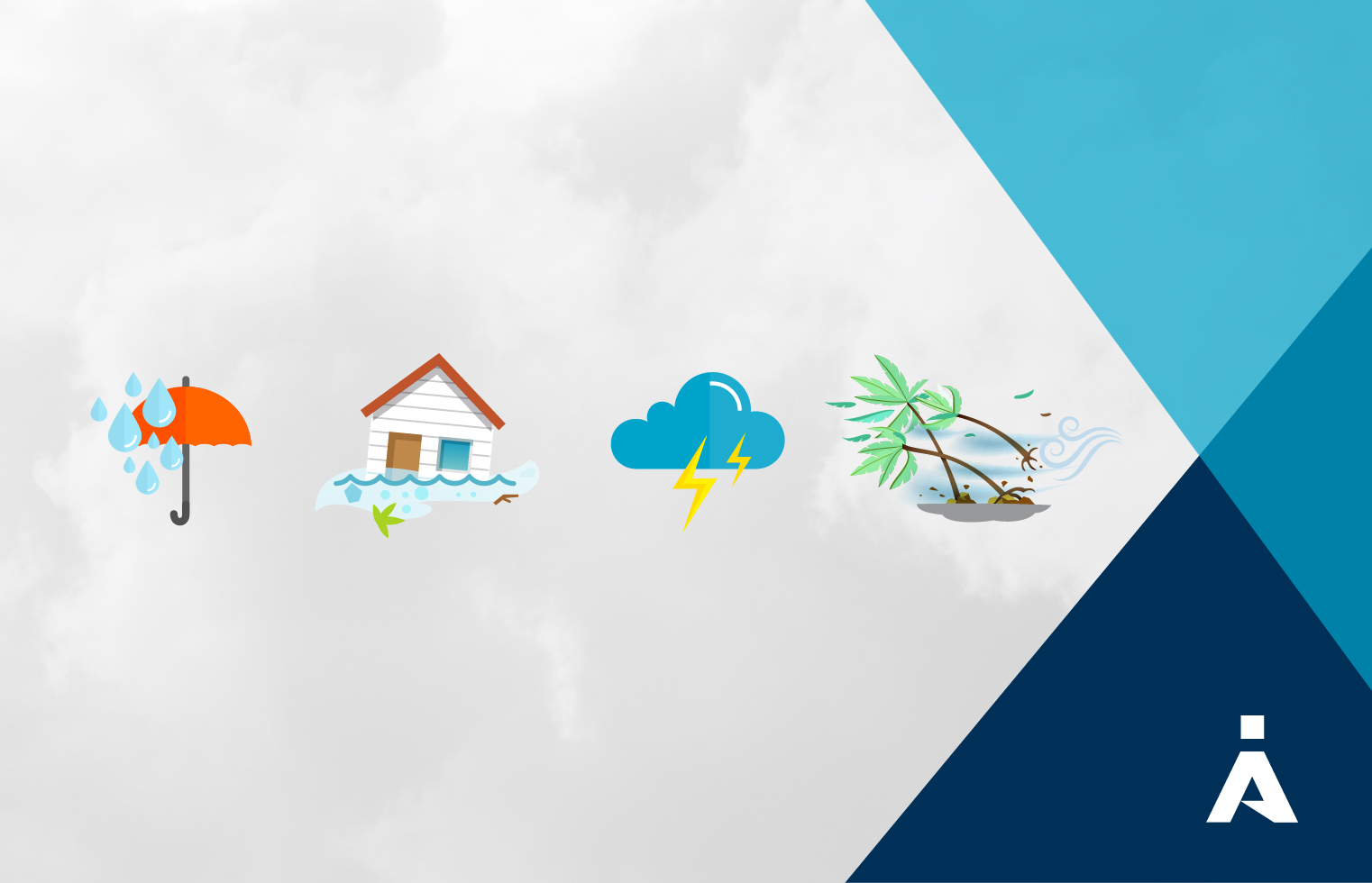Home Insurance
What is Home & Contents Insurance?
For many Australians, owning a home is a dream come true. After years of working and saving up, we all look forward to the day when we can live under a roof that we can proudly call our own. So, it’s important to get the right type of insurance to ensure our financial security and peace of mind.
Home and Contents Insurance covers the cost of repairing or replacing your house and your belongings when something goes wrong – like a fire, burglary, or a visitor getting injured. It also offers financial protection in case of disasters like severe storms or an earthquake. Our beloved homes can even be damaged by trees falling or hail damaging roof tiles.
Why is Home & Contents Insurance important?
Our home is often our largest asset, so having the right insurance cover can really help if the worst happens. The insurer can arrange repairs or rebuilding and pay the costs of moving temporarily and putting contents in storage if the house is so badly damaged it can’t be lived in. They’ll also pay legal defence costs and damages awarded by a court if someone is injured on your property.
Contents Insurance is usually purchased along with cover for the building. So for example, if the roof is damaged in a storm and water causes damage to the interior furniture or clothes, it’s all covered by the same insurance company.
Having the incorrect type of cover could mean you have to find the money to pay for these things yourself. Banks and finance companies also require Home and Contents Insurance when you borrow from them.
What does Home Insurance cover?
Standard homeowner’s policies typically cover a list of insured events, including:
- fire and smoke
- storm
- cyclone
- rainwater
- explosion
- burglary
- vandalism.
Other insurance companies offer more than the standard cover – for example, accidental damage, motor burnout, and artwork or valuables taken outside the home. It’s also important to compare insurance policies as they vary considerably. Some cover damage to retaining walls, landscaping, and flood and water leaks, while others don’t.
Checking and understanding what is covered and what isn’t (often called an 'exclusion’) is key to understanding the insurance you purchase. Some items also have limits – for example, jewellery may only be covered up to $1,000 per claim, unless items are specifically listed.
Choosing your insurance policy
Before you buy insurance, we recommend checking:
- Cover type – is it a standard cover (listed events) or accidental damage cover?
- Will the home be your main residence or a holiday home?
- How much cover is there for jewellery or special items?
- Have you used a free online calculator to find out the rebuilding cost of your home and the replacement value of the contents?
- Do you need cover for bikes or other sporting equipment?
- What is the condition of the home? Most insurers don’t pay for water leaks from cracked tiles or rusted gutters.
- The location of the home – is it in a flood or bushfire-prone area? Some insurers may not cover certain streets or suburbs.
At Insurance Advisernet, we can help you ensure the valuation of your home and contents are up to date. Our professional advisers will also discuss your needs and advise which insurer and type of cover best suits your situation and budget.
Frequently Asked Questions
● How much does home & contents insurance cost?
The typical cost of Home & Contents Insurance, as well as the cover, varies across Australia. The monthly average is around $110 in NSW and $100 in Victoria, while in Queensland, it can range from $120 to $360 per month for Far North Queensland. This is why it’s worth getting quotes from different insurance companies and for different levels of cover.
Premiums are generally based on:
- location
- what the home is built of
- the age and type of occupancy
- past claims experience.
Is home insurance mandatory?
No, but banks or finance companies will require Home Insurance to ensure you can have your home repaired or rebuilt if damaged. It’s also common sense to make sure your most valuable assets are protected in the event of storm or fire.
● What areas are covered in a typical Home & Contents policy?
There are typically three areas covered by a homeowner’s insurance plan:
- Building – covers the house and any carports or garages, as well as the fixtures and fittings, like pipes and carpets. Basically, this is for anything that you wouldn’t take with you when you sell the home. Some policies cover any type of accidental damage, while others more limited (and cheaper) cover for fire and listed perils, including wind, rainwater and storm damage.
- Contents – covers anything you would take with you when you leave, such as rugs, furniture, beds and sporting equipment.
- Valuables – generally only provides very limited cover for jewellery, bikes that are taken away from the home, and artwork. So, it is important to understand the difference between insurance policies and what suits you.
How much Home & Contents insurance do I need?
Everyone’s situation is different, but some major factors to consider are the square foot measurements of the house plus the construction costs to rebuild damaged or destroyed houses. With Covid related shipping delays and inflation, the replacement costs of both the home and contents have increased 10% to 25% over the past year, so it’s essential to get advice and check with an up-to-date online calculator. If you don’t have enough insurance cover, you may end up paying for part of the repairs, which could be expensive and delay the work.



